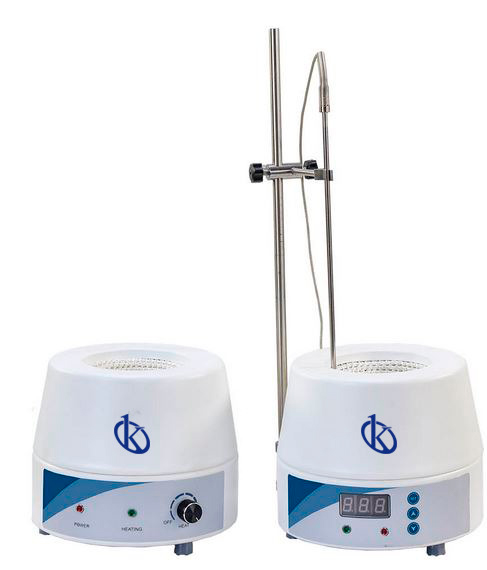Introduction to Peanut Allergies and Early Exposure
Peanut allergies are among the most prevalent causes of immunoglobulin E (IgE)-mediated food allergies in children, often leading to severe allergic reactions. However, recent research indicates that introducing peanuts to infants at an early age can significantly reduce the risk of developing such allergies. A study conducted by the Children’s Hospital of Philadelphia (CHOP) has revealed a decline in the diagnosis rates of peanut and other IgE-mediated food allergies following the implementation of guidelines promoting early exposure.
Impact of Early Introduction Guidelines
The study, published in the journal Pediatrics, underscores the successful translation of groundbreaking research into a public health initiative. IgE-mediated food allergies affect approximately 4% of children, causing immediate and severe reactions such as hives, swelling, and difficulty breathing upon exposure to certain foods like peanuts, milk, and eggs.
Research Supporting Early Exposure
The concept of preventing IgE-mediated food allergies through early exposure to food antigens in infants’ diets has been supported by various studies. A pivotal study, the 2015 Learning Early About Peanut Allergy (LEAP) trial, demonstrated that introducing peanuts to infants aged 4–11 months with severe eczema or egg allergy reduced the risk of peanut allergy by 81%. This protective effect has been shown to persist beyond early childhood.
Development of Consensus Guidelines
The findings from the LEAP trial led to the development of consensus guidelines by major pediatric and allergy organizations. Initially released in 2015 and 2017, these guidelines focused on children at high risk of food allergies. By 2021, the guidelines were updated to recommend the introduction of peanuts, eggs, and other major allergens to all children aged 4–6 months, provided they have no history of prior allergic reactions.
Study Findings and Public Health Implications
Dr. Stanislaw Gabryszewski, the study’s first author and an attending physician at CHOP, highlighted the significance of these public health interventions in reducing IgE-mediated food allergy rates in the United States. The study utilized electronic health record data from the American Academy of Pediatrics Comparative Effectiveness Research through Collaborative Electronic Reporting (CER2) network to compare food allergy diagnosis rates before and after the introduction of early exposure guidelines.
The results showed a significant reduction in the prevalence of peanut IgE-mediated food allergies, from 0.79% to 0.45%, and overall IgE-mediated food allergies, from 1.46% to 0.93%, following the guidelines. Notably, peanuts moved from being the most common food allergen to the second most common, surpassed by eggs.
Future Directions and Recommendations
The study estimates that for every 200 infants exposed to food allergens early in life, one case of food allergy is prevented. While early introduction does not completely eliminate peanut and other IgE-mediated food allergies, the reduction in diagnosis rates is promising and highlights the importance of ongoing public health efforts to promote early exposure practices.
Dr. David Hill, the senior study author and an attending physician at CHOP, emphasized the relevance of these findings for healthcare providers and caregivers of infants. He suggested that further awareness, education, and advocacy could enhance the positive outcomes observed in the study. Future research may explore specific feeding practices to better understand the optimal timing, frequency, and dosage of foods that provide protection against food allergies.
For more detailed information, refer to the study titled “Guidelines for Early Food Introduction and Patterns of Food Allergy” published in Pediatrics (2025). DOI: 10.1542/peds.2024-070516.
🔗 **Fuente:** https://medicalxpress.com/news/2025-10-guidelines-early-peanut-exposure-significant.html




